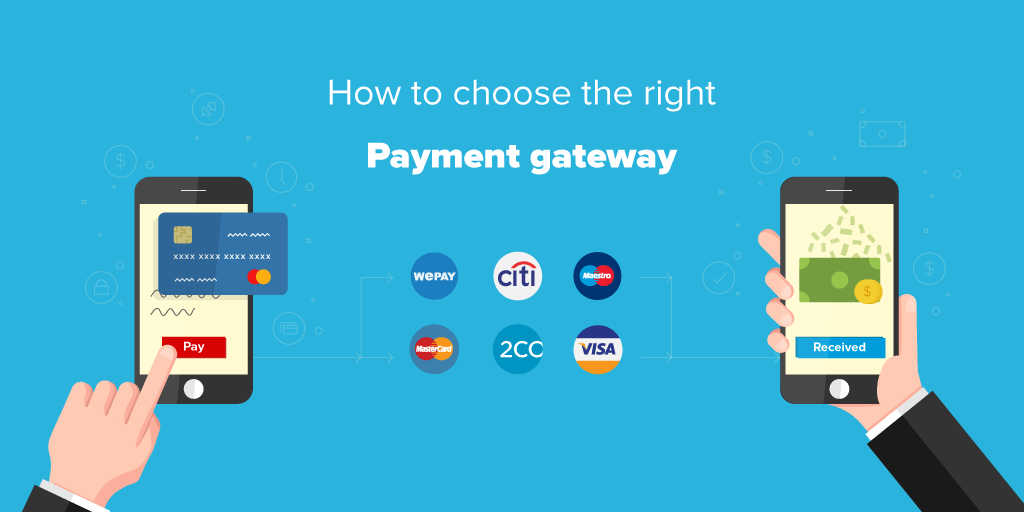Name: Buddy Kim
Date: 26/12/23
Late payments can be a substantial obstacle for businesses in India, affecting cash flow and hindering growth. In this article, we will explore the landscape of payment processors tailored for late payments, addressing the unique challenges faced by businesses in India and providing insights into choosing the right solution.
Challenges with Late Payments

Late payments pose significant challenges to businesses across industries. The impact is not only financial but extends to operational and strategic aspects. Businesses often find themselves in a precarious position when clients delay payments, leading to a domino effect on their ability to meet financial obligations.
Beyond the financial strain, late payments can have legal implications. Navigating the intricate legal landscape in India requires businesses to be proactive in their approach to late payments. This includes having a robust payment processing system in place that not only facilitates transactions but also addresses the complexities of delayed payments.
The Need for Specialized Payment Processors

While generic payment feature[1] are widely available, they may not be equipped to handle the specific challenges posed by late payments[2]. Businesses dealing with delayed payments need a tailored solution that goes beyond basic transaction processing. Specialized payment processors designed for late payments offer features that streamline the entire payment cycle, from invoicing to receipt.
Customizing payment solutions[3] for late payments involves understanding the nuances of delayed transactions. This includes implementing automated reminders, real-time tracking of payment status, and providing flexibility in payment options. These features empower businesses to take control of their receivables and maintain healthier cash flow.
Key Features of a Payment Processor for Late Payments
Choosing the right payment processor for late payments methods[4] considering key features that address the unique challenges faced by businesses. Real-time tracking is essential for monitoring payment status and predicting potential delays. Automated reminders can significantly reduce the instances of late payments by notifying clients of upcoming due dates.
Flexible payment options, including installment plans and multiple payment gateways, cater to the diverse financial situations of clients. This not only enhances the customer experience but also increases the likelihood of timely payments. A holistic approach to late payment processor[5] not only receiving payments promptly but also fostering positive client relationships.
Security Concerns

In the digital age, security is a paramount concern for businesses and clients alike. When dealing with financial transactions, the importance of encryption and data protection cannot be overstated. Businesses must prioritize payment processors that adhere to the highest standards of security to mitigate the risks associated with online transactions.
Ensuring that sensitive financial information is handled securely instills trust in clients, contributing to a positive payment experience. Security measures should encompass not only the transmission of data but also storage, minimizing the vulnerability of financial information to potential breaches.
Popular Payment Processors in India
India has witnessed a surge in the availability of payment processors, each offering a unique set of features and advantages. Understanding the landscape of popular payment processors is essential for businesses seeking a solution tailored for late payments.

From established players to innovative startups, the market offers a range of options. Businesses should evaluate the pros and cons of each processor, considering factors such as transaction fees, user interface, and customer support. Case studies of businesses that have successfully implemented these processors can provide valuable insights into their effectiveness.
Choosing the Right Payment Processor
The decision-making process for selecting a payment processor for late payments involves a careful evaluation of various factors. Ease of integration with existing systems, scalability to accommodate business growth, and the responsiveness of customer support are critical considerations.
Businesses should also explore case studies of similar businesses that have implemented a particular payment processor successfully. Learning from real-world examples can provide practical insights into the suitability of a processor for specific business needs.
Conclusion
In conclusion, the challenges posed by late payments in India necessitate a strategic approach to payment processing. Specialized payment processors offer tailored solutions that go beyond mere transaction facilitation. By incorporating features such as real-time tracking, automated reminders, and flexible payment options, businesses can navigate the complexities of late payments and foster positive client relationships.
FAQs
- What happens if a payment is delayed?
- Delayed payments can lead to cash flow issues, affecting a business’s ability to meet financial obligations.
- Can a payment processor prevent late payments?
- While a payment processor can streamline the payment process, preventing late payments depends on various factors, including client cooperation.
- How secure are online transactions?
- Online transactions are secure when using reputable payment processors that employ encryption and robust security measures.
- Are there government regulations on payment processors?
- Yes, payment processors must adhere to Indian financial regulations to operate legally.
- What is the average cost of implementing a specialized payment processor?
- The cost varies depending on the chosen processor and the specific needs of the business.







